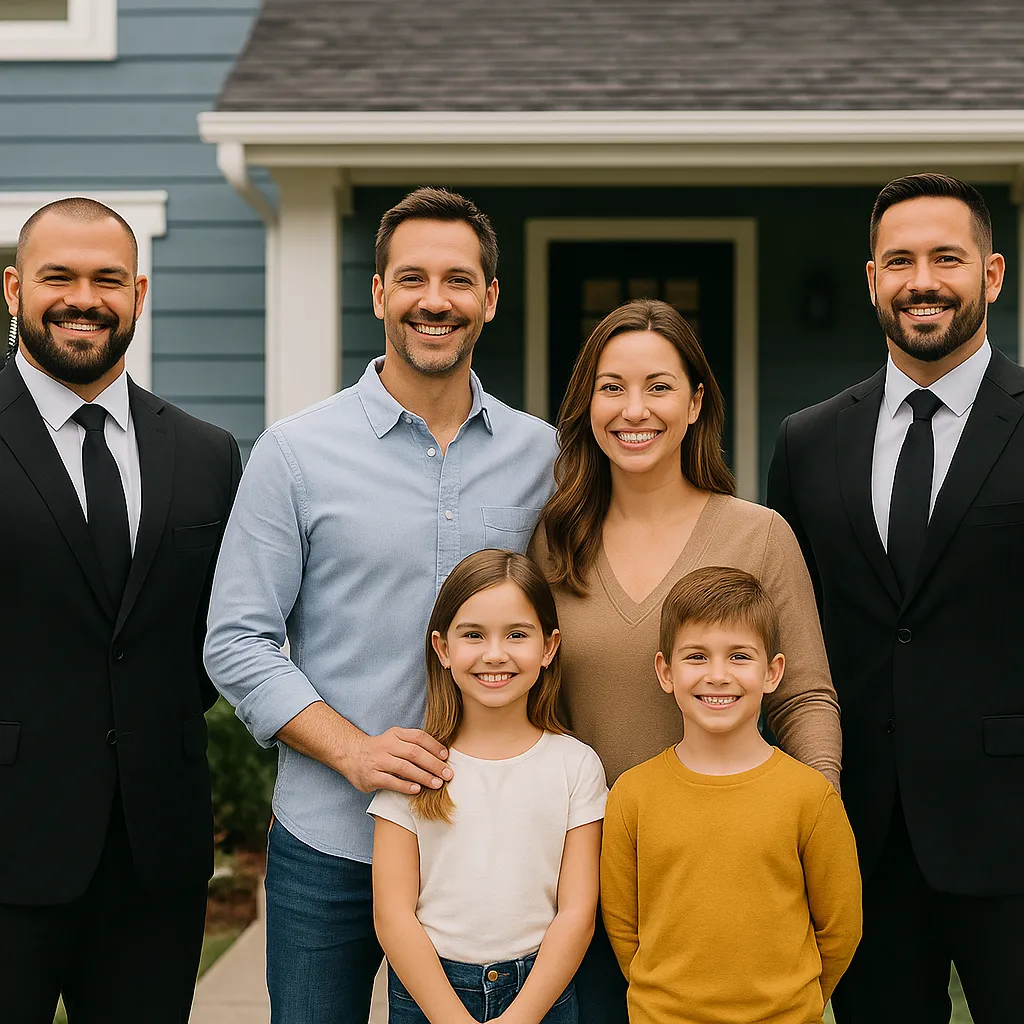
Navigating Liability & Legal Compliance in Private Security: What Families Need to Know
Private security has become an essential consideration for high-net-worth families seeking protection in an increasingly uncertain world. Yet one of the least understood—and most overlooked—elements of private security is liability and legal compliance. The risks extend far beyond physical threats; legal missteps can expose families and corporations to lawsuits, fines, and reputational harm.
This article explores the confusing web of regulations, licensing requirements, and unintended liability risks, and offers guidance on how to protect both your family and your legal interests.
The Patchwork of Regulations
Unlike government agencies, private security regulation is far from uniform. In the U.S., oversight is left to the states—some have extensive requirements, while others have virtually none. Crossing a state line can change everything from:
Training standards
Licensing requirements
Criminal background checks
Oversight mechanisms
Globally, the situation is even more fragmented. Countries like Ireland maintain centralized authorities, while nations like France and Italy split oversight across multiple agencies. This inconsistency creates legal gray zones that many families unknowingly walk into.
The Law of Unintended Consequences
Efforts to mitigate security risks can inadvertently increase liability. A few examples:
Unlicensed Professionals: Corporations have hired decorated military veterans as protection agents only to be fined for failing to meet local licensing rules.
Direct Hires by Families: Families sometimes employ private guards without fully understanding labor laws or security compliance. If guards step off private property or act outside legal scope, liability falls squarely on the employer.
Off-Duty Police Officers: While trusted, off-duty police often face conflicting obligations. Their law enforcement oath doesn’t always align with a private client’s security needs—and employers can be caught in the middle if legal issues arise.
Licensing: More Than a Rubber Stamp
Licensing exists to protect the public, but minimum standards are often shockingly low. For example:
Some U.S. states require no training at all for unarmed guards.
South Carolina requires just 4 hours of training for unarmed guards, and another 4 for armed guards—far less than required for professions like cosmetology.
Only 3 states conduct FBI-level nationwide background checks.
Globally, countries like Israel, South Africa, and the UK provide stronger standards (80–140 hours of training minimum), while many others fall into the “inadequate” category.
What Families Can Do
Families cannot rely on governments to set adequate standards. To truly safeguard loved ones, families should go beyond compliance by demanding:
Robust Training: At least 80–140 hours of training for protective personnel, plus ongoing refreshers.
Comprehensive Background Checks: Beyond criminal history, include financial, civil, and behavioral screening.
Quality Assurance: Measurable standards and accountability for all personnel.
Insurance Coverage: Workers’ comp, liability, and professional coverage for all guards.
Conclusion
Security is more than hiring a body to stand at the door—it’s about ensuring legal protection and operational readiness. For high-net-worth families, cutting corners is not just a bad strategy—it can be a legal disaster. By going beyond minimum state requirements and working with expert partners, families can design protection programs that truly safeguard both their security and their liability.
At OnGuard, we help families and corporations navigate this complex terrain—so you can focus on peace of mind while we handle compliance.
#PrivateSecurity #LegalCompliance #ExecutiveProtection #RiskManagement #SecurityOnDemand #OnGuard #SecurityStrategy #FamilyOfficeSecurity
